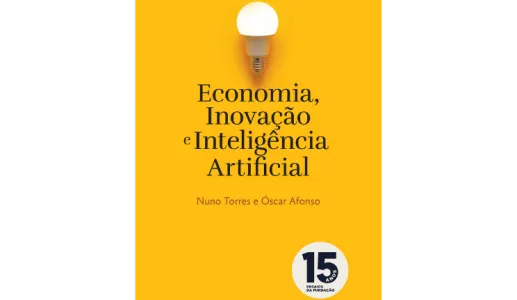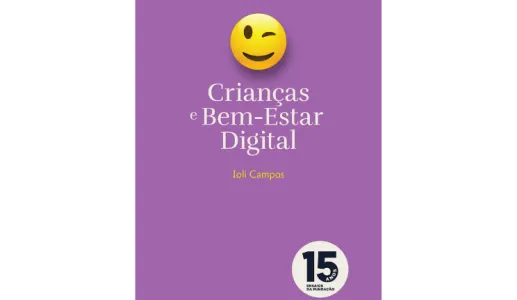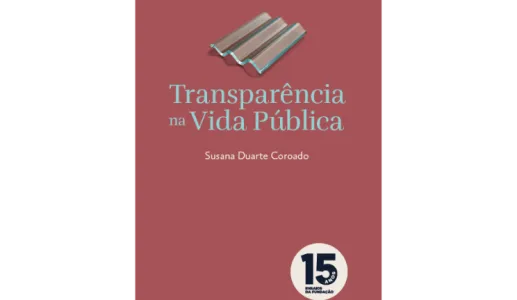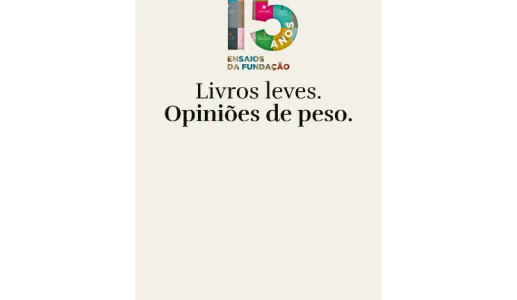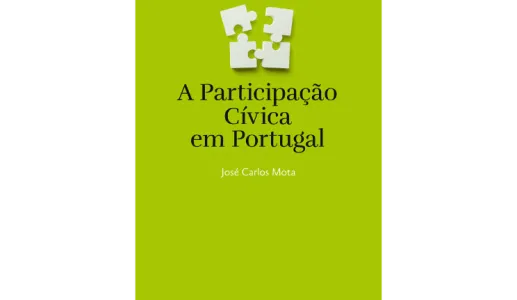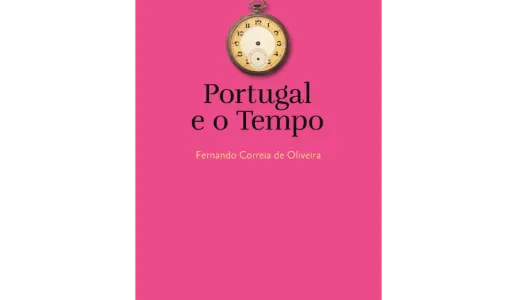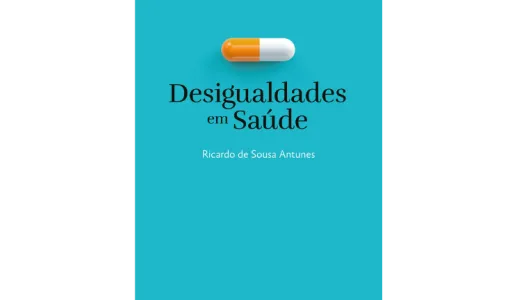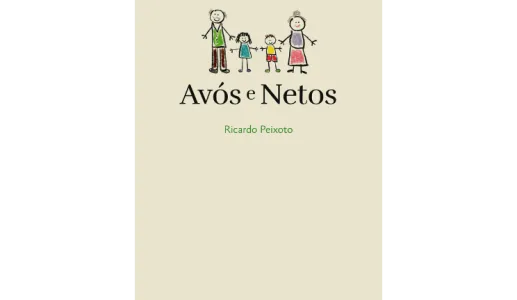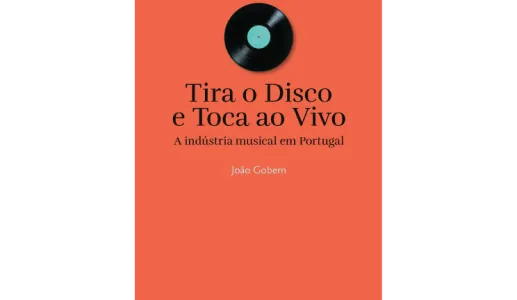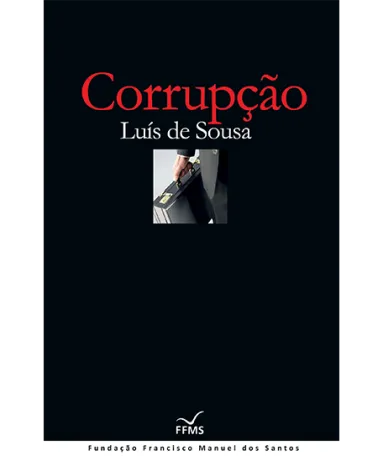
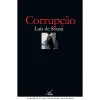
Corruption
No. 13 APRIL 2011
Corruption as a form of influencing or buying decisions has remained unchanged over the centuries, but the way power is structured and exercised in society has changed, creating new opportunities and incentives for practices such as these. What is corruption? How is it structured and processed? What types of corruption are tolerated and what types are considered harmful to the functioning of institutions? What are the causes of the prevalence of corruption in a particular society or historical context? What risk factors make it more likely to occur? How has the war on corruption been waged in Portugal? What role do politics, justice, the media and civil society play? These and other issues will be reflected on in this book.
Published by FFMS and Relógio d'Água.
2011 edition
Corruption as a form of influencing or buying decisions has remained unchanged over the centuries, but the way power is structured and exercised in society has changed, creating new opportunities and incentives for practices such as these. What is corruption? How is it structured and processed? What types of corruption are tolerated and what types are considered harmful to the functioning of institutions? What are the causes of the prevalence of corruption in a particular society or historical context? What risk factors make it more likely to occur? How has the war on corruption been waged in Portugal? What role do politics, justice, the media and civil society play? These and other issues will be reflected on in this book.
Published by FFMS and Relógio d'Água.
2011 edition
More details
Dimensions
7 × 130 × 200 mm
ISBN
978-989-8424-26-6
Book available only in Portuguese
Conheça também

